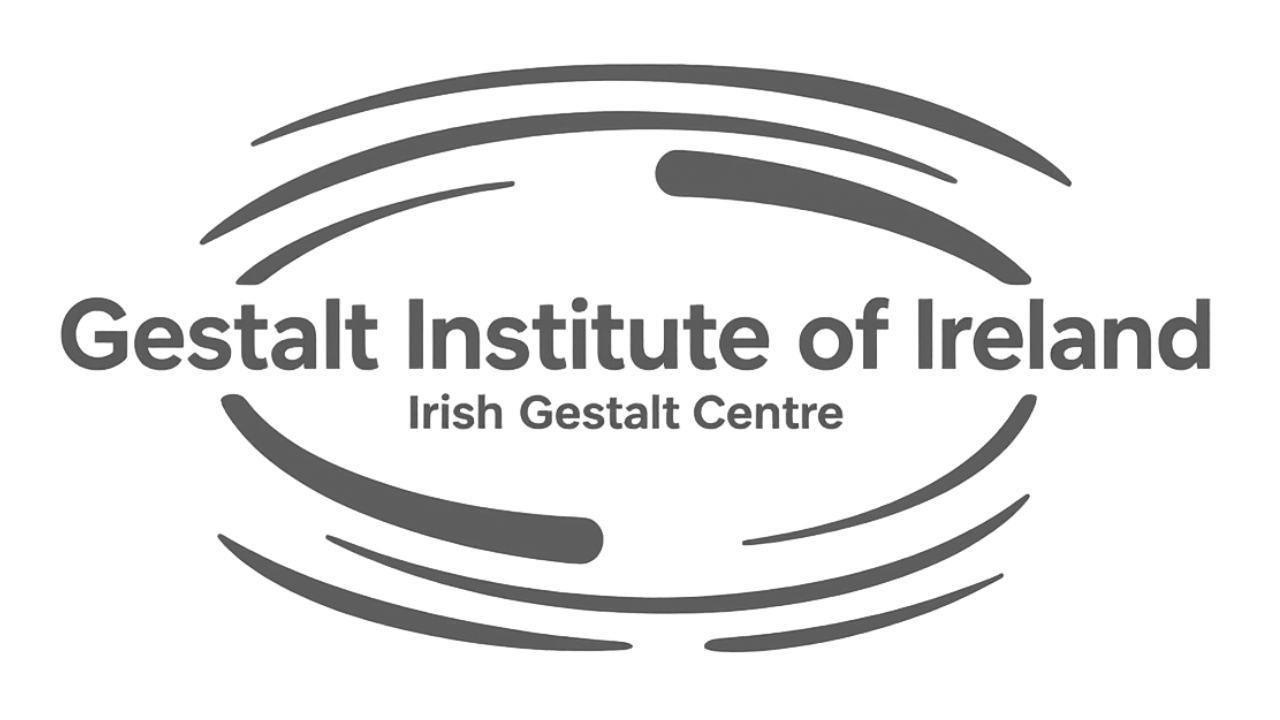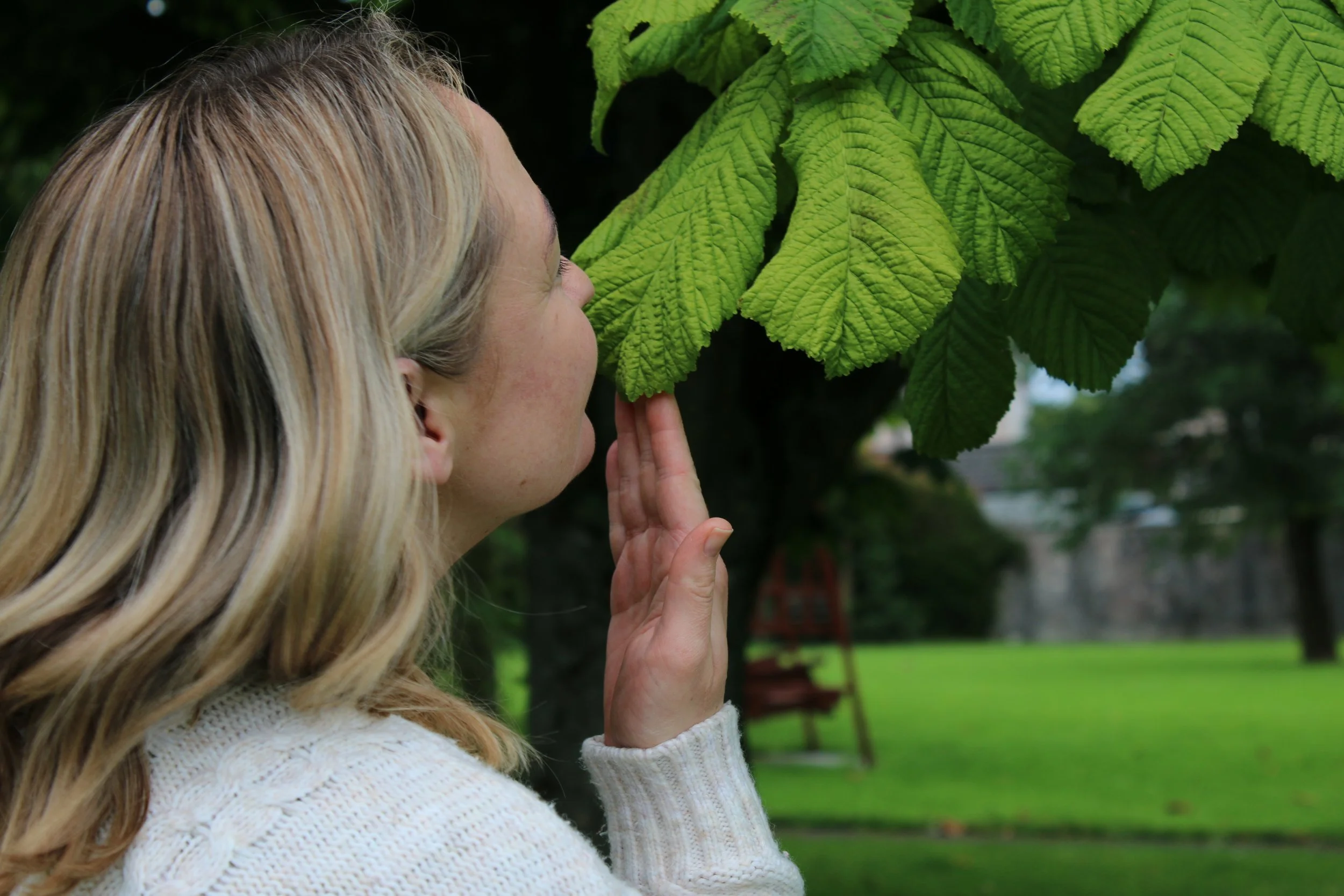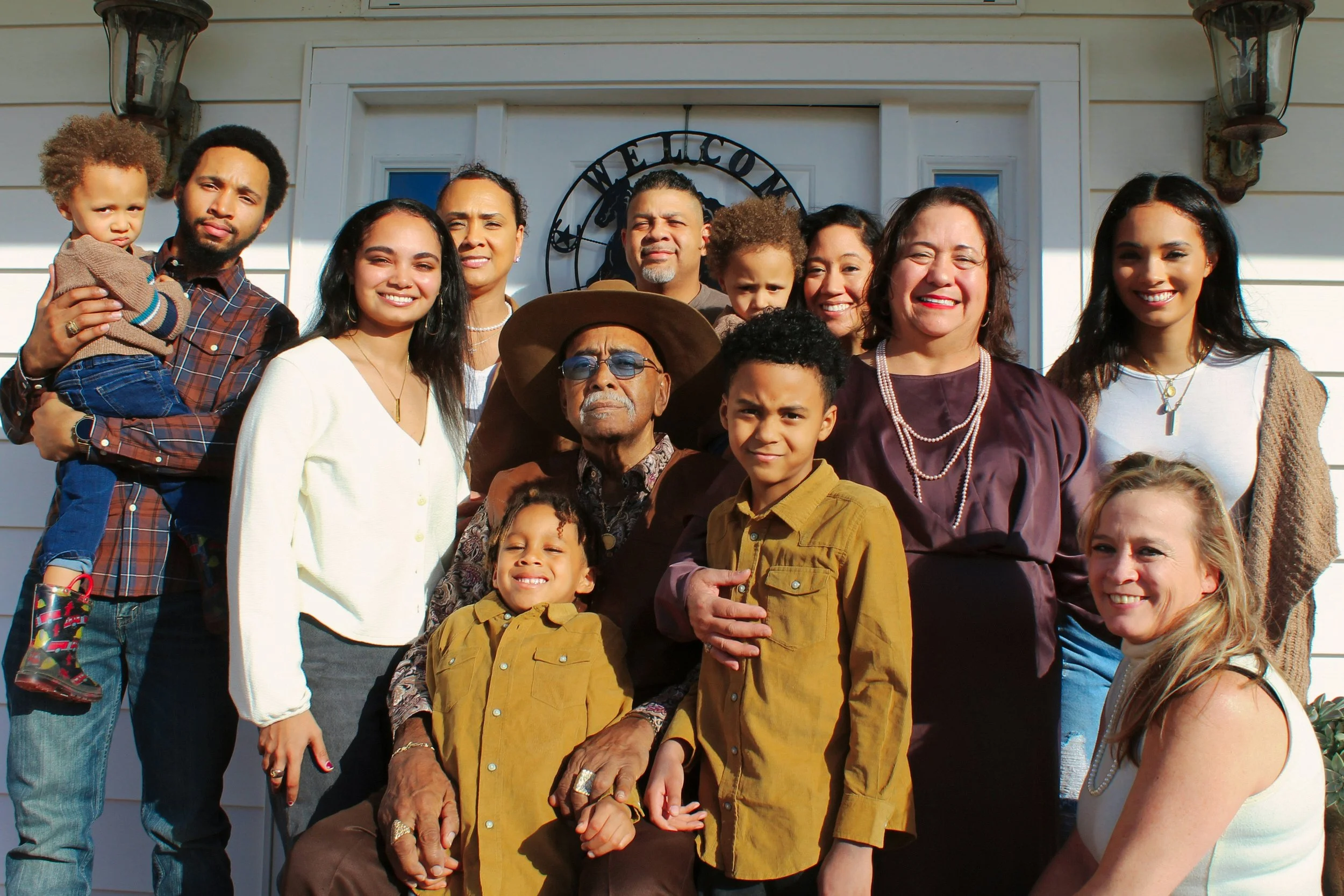Our Philosophy and Practice
How we Work?
Our Gestalt learning community is grounded in four foundational pillars:
Phenomenology, Dialogue, Embodiment, and Field theory.
These principles shape how we engage with learning, growth, and therapeutic practice, fostering a dynamic and relational approach to human development.
"Perception is not a passive reception of stimuli, but an active interpretation, shaped by the body and the subject's lived experience."
- Maurice Merleau-Ponty
Phenomenology is at the heart of our work. We emphasize direct experience, encouraging students to cultivate awareness of what is unfolding in the present moment. Rather than imposing pre-existing interpretations or theoretical assumptions, we focus on staying with what arises—sensations, emotions, and relational dynamics—as they are experienced. This practice deepens self-awareness and supports an open, curious stance in therapy and in life.
“In the beginning is the relation.”
- Martin Buber
Dialogue is central to our relational ethos. Gestalt therapy is fundamentally an encounter between two people, and we value authentic, engaged presence in the therapeutic relationship. Our training fosters an environment where dialogue is not just about words but includes silence, embodiment, and kinaesthetic resonance. Through genuine, mutual engagement, we cultivate the capacity to be fully present with another, fostering healing and transformation.
‘‘Embodiment is grounded in our cells’ awareness of themselves. It is a direct experience. There are no intermediate steps or translations. There is no guide. There is no witness. There is complete knowing.’’
- Bonnie Bainbridge Cohen
Embodiment is a core aspect of our training, encouraging practitioners to cultivate awareness of bodily experience as a means of deepening relational presence. Gestalt therapy acknowledges that we live in and through our bodies. By bringing attention to movement, posture, breath, and sensations, we support a deeper integration of experience and promote holistic healing.
"The situation is no longer one where 'the therapist encounters a depressed client', but rather,
'this depressive field is actualised between the therapist and the client'..."
- Gianni Francesetti
Field Theory informs our understanding of human experience as inherently interconnected. We view individuals not as isolated beings but as participants in a wider relational and sociopolitical field. As our approach is deeply rooted in social justice, embodiment, and the field perspective, we recognise the impact of systemic and structural inequalities on individual and collective well-being, and we actively engage in practices that promote equity and empowerment. Additionally, our field-oriented perspective acknowledges the interconnectedness of individuals, communities, and sociopolitical contexts, fostering an integrative approach to healing and transformation.
Areas of ongoing inquiry
At the Gestalt Institute of Ireland, we are committed to fostering a learning environment that reflects ethical integrity, inclusivity, and social justice. Our approach is deeply rooted in awareness, relationality, and embodied experience, allowing us to engage with complex social issues in a meaningful way.
We recognize that therapy does not exist in a vacuum—it is shaped by cultural, historical, and systemic forces. As such, we actively explore the following areas of inquiry to ensure our practice and training remain relevant, ethical, and field sensitive:
Decolonisation of Therapy – We critically examine how white Eurocentric models have shaped psychotherapy and work towards integrating diverse cultural perspectives, honouring indigenous wisdom, and challenging colonial narratives in healing practices.
Decolonisation of Curriculum – Our training reflects a commitment to expanding beyond traditional Western theories, including voices and knowledge systems from historically marginalised communities to create a more holistic and inclusive learning experience.
Anti-Racist Stance – Gestalt therapy emphasizes awareness and responsibility. We actively engage with racism as a relational and systemic issue, encouraging trainees to explore their biases, challenge oppressive structures, and cultivate anti-racist therapeutic practice.
Anti-Oppressive Practice – Grounded in Gestalt’s emphasis on the dialogic relationship, we recognise power dynamics in therapy and work towards practices that empower rather than pathologise, fostering equity and justice in therapeutic spaces.
Gender, Relationship, and Diversity Sensitivity (GRDS) – We affirm the fluidity of gender, the diversity of relationships, and the importance of identity in shaping experience. Our training supports therapists in working sensitively and affirmatively with clients from LGBTQ+ and other marginalized communities.
War and Conflict – We acknowledge the profound psychological and relational impact of war and displacement. Gestalt’s relational and embodied approach helps individuals process trauma, reconnect with resilience, and rebuild a sense of belonging.
Climate Change and Eco-Awareness – Recognizing our interconnectedness with the environment, we explore how ecological crises impact mental health and relationships, encouraging an embodied, relational response to climate distress and eco-anxiety.
By integrating these critical inquiries into our training, we strive to cultivate therapists who are socially conscious, ethically engaged, and capable of responding to the evolving challenges of our world with depth and compassion.
"Awareness is the key to growth."
– Fritz Perls










